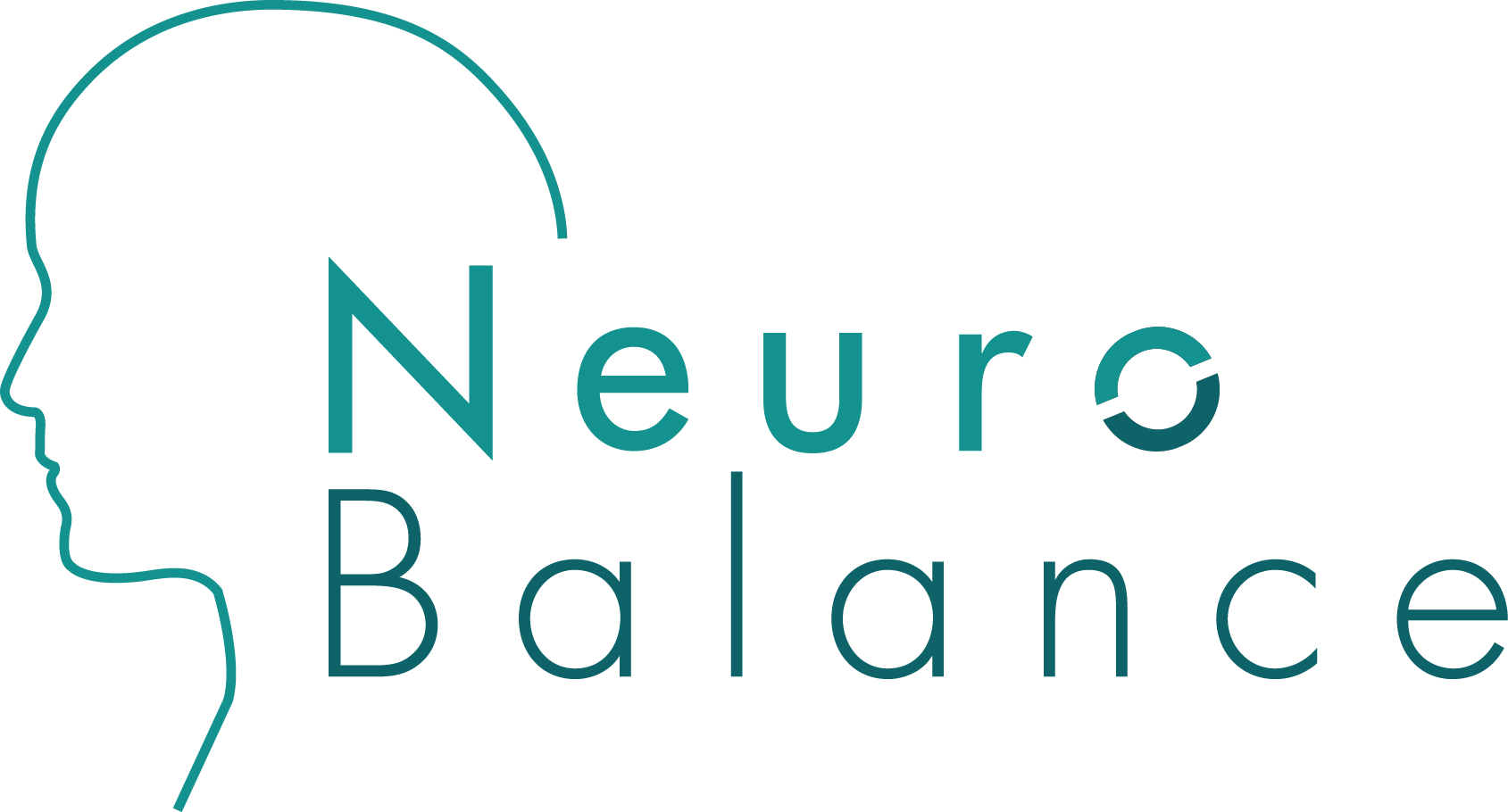Unraveling the Connection Between Autism and PTSD: A New Frontier in Neurodevelopmental Research
Autism Spectrum Disorder (ASD) is a complex neurodevelopmental condition characterized by difficulties in social interaction, communication, and repetitive behaviors. Post-Traumatic Stress Disorder (PTSD), on the other hand, is a psychiatric disorder that can occur in people who have experienced or witnessed a traumatic event. Previous research has often overlooked the potential connection between these two conditions, but recent studies are shedding light on a significant link that could transform therapeutic approaches for individuals with ASD.
Understanding Autism and PTSD
Autism affects approximately 1 in 68 children in the United States and is often associated with comorbid conditions such as ADHD, intellectual disability, and anxiety disorders. PTSD is commonly seen in individuals who have undergone severe trauma, resulting in symptoms like flashbacks, severe anxiety, and uncontrollable thoughts about the event.
Historically, the overlap between ASD and PTSD was not well-documented. Many clinicians did not recognize PTSD symptoms in autistic individuals, often attributing these symptoms to the autism itself. However, recent research has begun to uncover a more nuanced understanding of how these two conditions can coexist and exacerbate one another.
New Research Findings
A groundbreaking study conducted by the Queensland Brain Institute has provided compelling evidence that individuals with ASD are more susceptible to PTSD. Researchers found that even mild stressors can trigger PTSD in mouse models of autism. This contrasts with control groups, where PTSD typically requires more severe stress to develop (Technology Networks) (Queensland Brain Institute).
The study revealed that the prefrontal cortex, a brain region critical for social cognition and behavior, shows altered function in both ASD and PTSD. This dysfunction leads to the overactivation of interneurons during stress, which is more pronounced in individuals with ASD, resulting in a higher likelihood of forming traumatic memories and worsening autism traits (Queensland Brain Institute) (EurekAlert!).
Implications for Treatment
These findings highlight the need for tailored therapeutic approaches that address the unique ways in which stress and trauma impact individuals with ASD. Traditional PTSD treatments may not be sufficient or appropriate for autistic individuals due to differences in how they process and react to stress.
For example, behavioral therapies that recontextualize traumatic memories have shown promise in reducing PTSD symptoms and subsequently improving autism traits that were exacerbated by trauma (EurekAlert!) (National Autistic Society). This suggests that integrating trauma-informed care with autism-specific interventions could lead to better outcomes.
Future Directions
Recognizing the heightened sensitivity to PTSD in individuals with ASD could revolutionize clinical practices. Therapies might need to be adapted to include more frequent and longer sessions, incorporate sensory soothing activities, and utilize the individual's intense interests as therapeutic tools. Such personalized approaches could help mitigate the compounded challenges posed by ASD and PTSD.
Moreover, the research underscores the importance of early and accurate diagnosis of PTSD in autistic individuals, which is often missed due to overlapping symptoms. Increased awareness and training for clinicians could ensure that autistic individuals receive the comprehensive care they need.
In conclusion, the newly established link between ASD and PTSD opens up new avenues for research and treatment. By understanding and addressing the specific needs of autistic individuals who experience trauma, we can enhance therapeutic strategies and improve the quality of life for this vulnerable population.
References
Technology Networks, "Autism Spectrum Disorder and PTSD Share a Reciprocal Relationship," 2024.
Queensland Brain Institute, University of Queensland, "Study shows heightened sensitivity to PTSD in autism," 2024.
Frontiers in Psychiatry, "Increased risk of acute stress disorder and post-traumatic stress disorder in children and adolescents with autism spectrum disorder," 2024.
Autism.org.uk, "Post-traumatic stress disorder in autistic people," 2024.
-A Balanced Brain is a Better Brain for a Happier Life-
